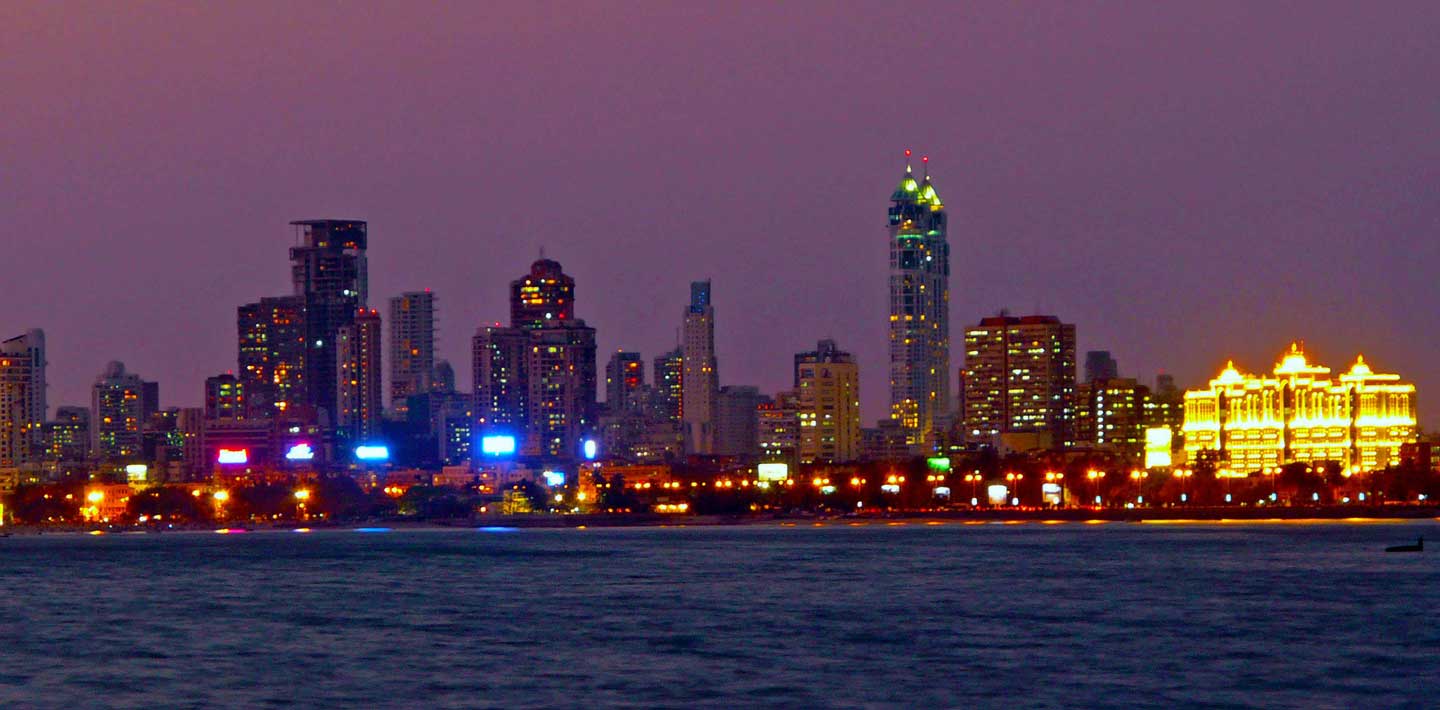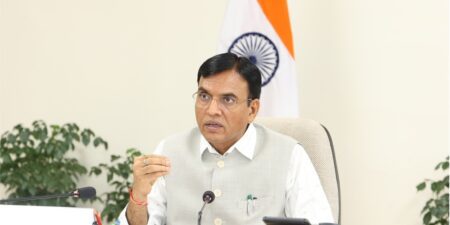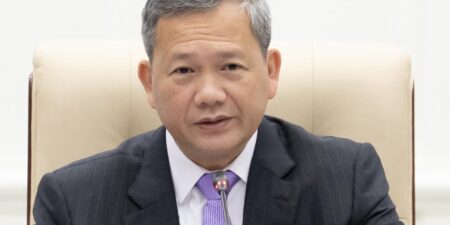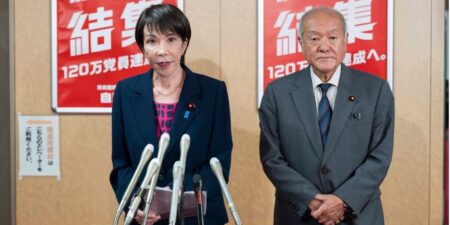BowerGroupAsia participated in a July 27 discussion with the U.S.-India Business Council and U.S.-Bangladesh Business Council on what businesses should watch in South Asia, drawing on the insights in BGA’s recent half-yearly report.
The discussion, led by USIBC President Nisha Biswal, featured a regional overview by BGA President and CEO Ernie Bower and country snapshots from three of the company’s South Asia leaders: BGA India Managing Director Ratan Shrivastava, BGA Bangladesh Country Director K.M. Imran Al-Amin and BGA Nepal and Bhutan Senior Advisor Sujeev Shakya. Below is a summary of some of the key points of the discussion.
Regional Outlook
Covid-19 will intersect with wider developments to impact key market trajectories. Bower noted that while South Asia is reeling with a recent Covid-19 spike with India at its epicenter, governments are targeting sectors to position themselves for growth, be it agriculture in Nepal or digital in Bangladesh. Developments such as U.S. President Joe Biden’s Indo-Pacific approach and India’s G-20 chairmanship in 2023 will showcase South Asia’s links with the wider region.
Businesses will have an important role driving thinking across and beyond South Asia, including U.S. engagement and mechanisms such as the Quad. Bower noted the event’s timing with U.S. Secretary of State Antony Blinken’s India visit was testament to the spotlight on the region in U.S. policy. He referenced BGA’s recent op-ed for The Hindustan Times on the role of the private sector in advancing the Quad in areas like infrastructure and disaster relief.
Country Snapshots
India’s economic recovery and political change will be key to watch for businesses. Shrivastava said some indicators suggest India is on the path to a pre-spike recovery, areas like agriculture have shown resilience and there are opportunities in sectors such as infrastructure and energy. Prime Minister Narendra Modi is showing keen attention to governance, with the recent cabinet expansion closely monitored by the BGA India team showing attention to diversity, experience and cross-ministry synergy.
The U.S.-India relationship will play an important role in New Delhi’s internal development and external engagement. Shrivastava noted that recent interactions, including Blinken’s visit, were testament to the breadth of ties, including on regional and global issues such as Afghanistan and climate change. India also has a broader interest in ensuring the rule of law prevails in the region, which requires partnering with Southeast Asian countries and other regional states.
Bangladesh’s pandemic challenges are real, but its economic success story looks to still be on track. Al-Amin said he expects Bangladesh’s growth to be at 6 percent or above for 2021 despite a serious Covid-19 situation that has the country in a strict lockdown, which is at pace with what it has managed for much of the past decade apart from 2021 when Covid-19 first hit. As BGA noted in a recent client update, Bangladesh needs investment in areas such as transportation and technology, and pharmaceuticals have recorded a double-digit growth amid Covid-19.
Businesses should carefully track progress on specific laws and regulations in addition to wider regional and global developments. The Hasina government has indicated it may be revising its approach to certain areas such as digital security, e-commerce and labor. Al-Amin noted Bangladesh’s foreign relations are key to monitor, with a case in point being the Rohingya situation given Myanmar’s post-coup outlook and graduation from least developed country (LDC) status expected in 2026.
Nepal’s recent political changes highlight its longstanding market features with opportunities for companies. Shakya said that though Nepal has a new leader which he characterized as a “new chapter” for the country in a recent client update, his elevation showcased the endurance of its institutions amid decades of political instability. Nepal is a landlocked country between fast-growing China and India with a young, globalizing population, with sectors of focus including hydropower, agriculture, tourism, technology and infrastructure.
Geopolitical and regional developments will be key to Nepal’s future trajectory. Managing geopolitics will remain a continued challenge given China’s increasing interest in the country and growing U.S. attention to Nepal as part of its wider Indo-Pacific approach. He also pointed out that Nepal has benefited from external help from countries including the United States, India and China on vaccinations.
Bhutan has some unique features that make it a country to watch carefully. Turning to Bhutan, Shakya said that though it is often dismissed as a small country, geography and proximity also provides companies with sectoral opportunities in areas like high-end tourism and hydropower which makes up about 14 percent of GDP by one count.
The country is positioning itself for post-pandemic opportunities. As Bhutan completes its vaccination campaign, Shakya said he expects the government to be focusing on sectors to boost the economy including energy, tourism and natural resources. Subregional arrangements such as the Bangladesh Bhutan India Nepal (BBIN) Initiative could also affect its trajectory as well.

President & CEO
Ernie is the founder, president and CEO of BowerGroupAsia (BGA), the premier strategic advisory firm in the Indo-Pacific. BGA has more than 26 offices across Asia and five in Africa, where the company is now building its profile. Ernie is recognized as one of the world’s leading experts in his field. He has an intuitive grasp of clients’ evolving needs and has cultivated deep, trusted relationships across a broad spectrum of public and private stakeholders. Together with his team, Ernie has pioneered the strategic advisory business for developing markets. Ernie believes economic engagement and integration are essential conditions for peace ...
Read More



























